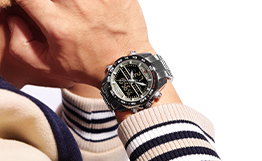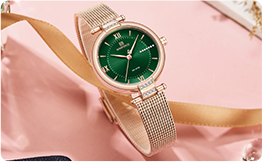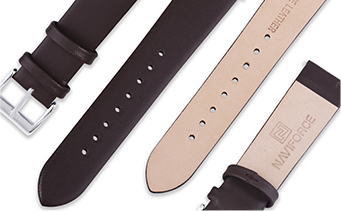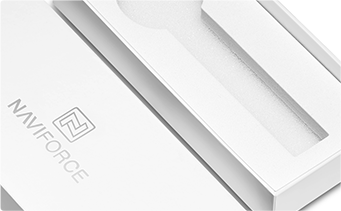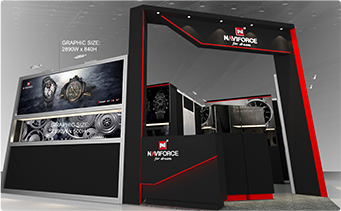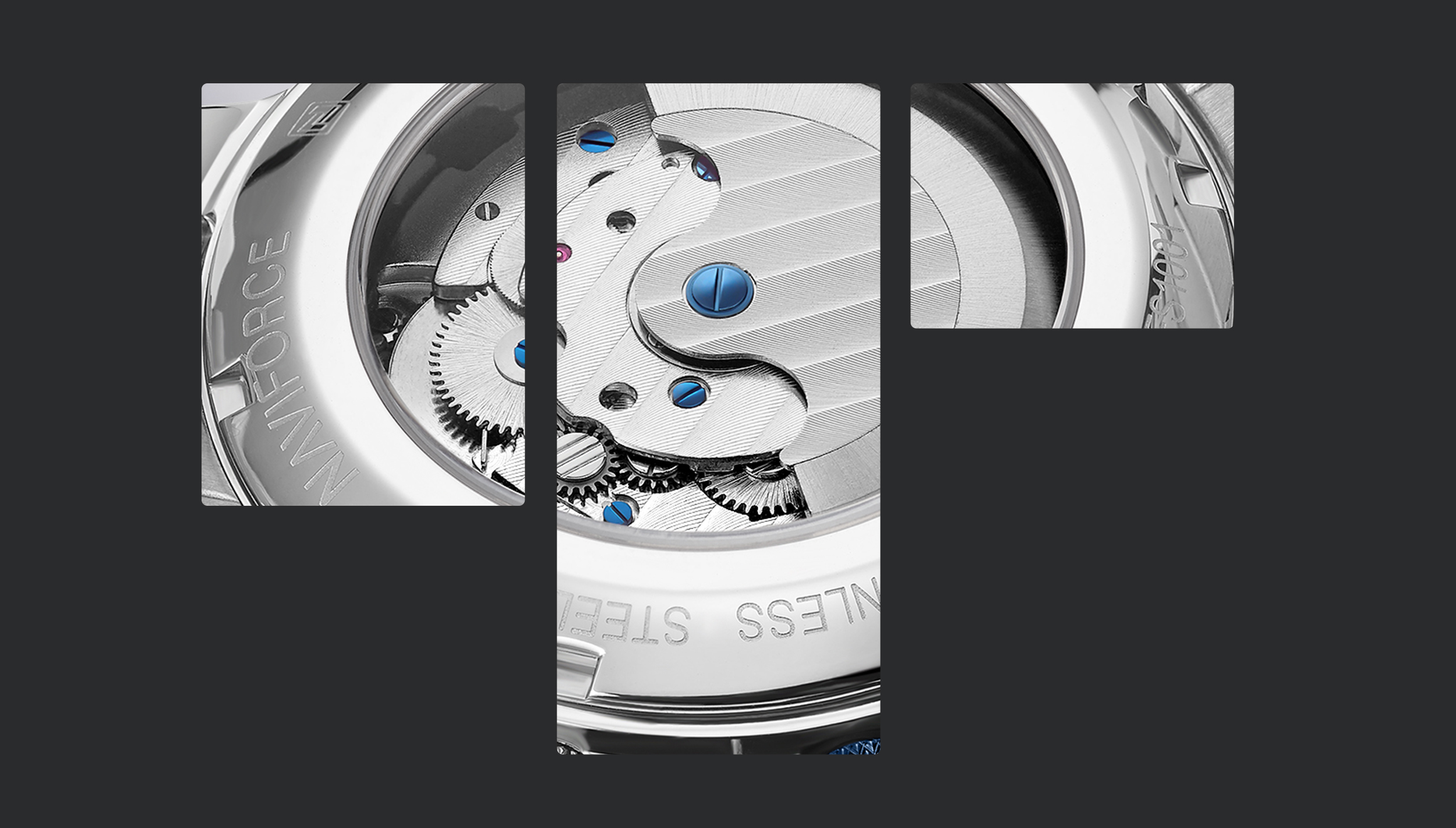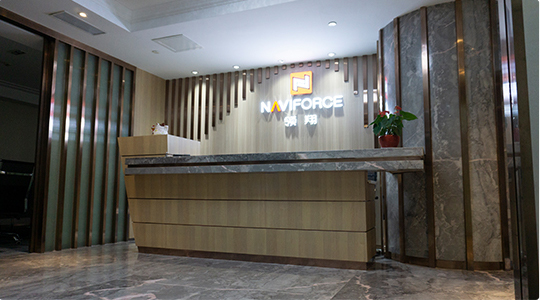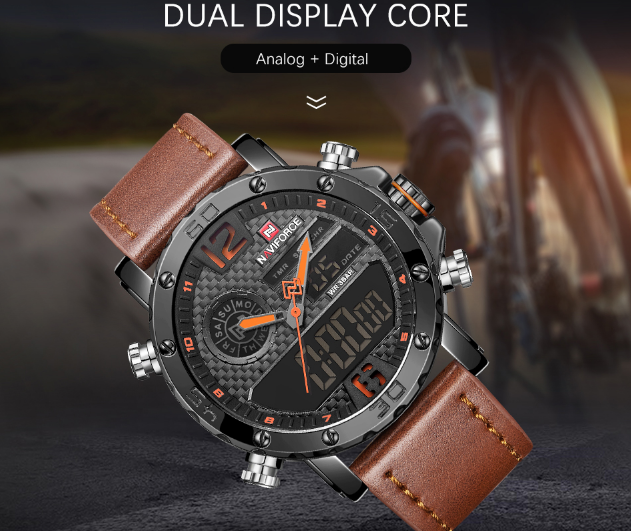STORY | Jul. 17, 2023
Do Digital Watches Last Longer Than Analog?
Discover More
The longevity of digital watches versus analog watches depends on various factors, including the quality of the watch, its construction, and how well it is maintained and cared for. Both digital and analog watches can be made with high-quality materials and precise engineering, resulting in long-lasting timepieces. However, certain characteristics unique to each type of watch can influence their durability and lifespan.
Digital Watches:
Digital watches use electronic components, typically powered by a small battery, to display the time in numeric form on a digital screen. Here are some factors that can affect the longevity of digital watches:
1. Battery Life:
The battery is a critical component of digital watches. The lifespan of the battery varies depending on factors such as the watch's features (e.g., backlight, alarms, and additional functions), the quality of the battery, and how frequently these features are used. Once the battery reaches the end of its life, it will need to be replaced by a professional watchmaker or at a service center.
2. Electronic Components:
The internal electronic components, such as the quartz crystal, integrated circuits, and display screen, are susceptible to wear and tear over time. While these components are generally durable and reliable, they may eventually degrade with extended use.
3. Water Resistance:
Many digital watches are designed to be water-resistant to some degree, but exposure to water and moisture can still affect their longevity. Proper care and regular maintenance, such as battery changes and seals inspection, can help extend the life of a water-resistant digital watch.
4. Display Screen:
Digital watches with LCD or OLED screens may suffer from screen degradation over time. This can include issues such as screen burn-in or fading of the display, especially with constant use of specific features.
5. Buttons and Controls:
The buttons used to operate various functions on a digital watch can experience wear and tear with frequent use. While they are generally robust, excessive force or misuse can lead to mechanical failure.
Analog Watches:
Analog watches use mechanical movements to display time through traditional hour and minute hands on a numbered dial. The primary factors influencing the longevity of analog watches are as follows:
1. Mechanical Movement:
Analog watches rely on intricate mechanical movements that consist of numerous small parts, including gears, springs, and balance wheels. These parts can be delicate and may require regular maintenance and servicing to ensure optimal performance.
2. Accuracy and Precision:
High-quality analog watches are designed to be accurate and reliable, but they are subject to the effects of temperature, position, and external shocks. Regular calibration and servicing are essential to maintain accurate timekeeping.
3. Jewels in the Movement:
Many luxury analog watches use synthetic rubies as jewels in the movement. These jewels reduce friction between moving parts, enhancing the watch's longevity and durability.
4. Hand Alignment and Clearance:
Proper hand alignment and clearance are critical for accurate timekeeping and to prevent the hands from rubbing against each other or the dial. Regular servicing ensures that hands are correctly aligned and that the watch operates smoothly.
5. Power Reserve:
Some analog watches feature automatic or manual winding mechanisms. Proper winding and regular use help maintain the watch's power reserve and ensure the movement's longevity.
Comparing Longevity:
When comparing the longevity of digital and analog watches, it's important to note that both can be long-lasting when made with high-quality materials and craftsmanship. The durability of each type of watch is influenced by factors specific to their design and components.
Digital watches tend to require more frequent battery replacements, especially if they have additional features that consume more power. Battery changes must be done by a professional to avoid damaging the watch's water resistance and electronic components. On the other hand, analog watches with mechanical movements need regular servicing to ensure proper lubrication and functioning of their intricate parts. This maintenance typically involves cleaning, oiling, and adjusting the movement to keep it accurate and reliable.
Additionally, technological advancements have led to improvements in both digital and analog watches. For instance, solar-powered digital watches or quartz movements in analog watches have increased their battery life significantly. Some high-end analog watches have integrated silicon components and advancements in lubrication technology, enhancing their durability and reducing service intervals.
Conclusion
The longevity of digital watches versus analog watches is influenced by various factors, including battery life, electronic components, mechanical movement, and overall build quality. Both types of watches can be long-lasting when made with high-quality materials and craftsmanship and receive proper maintenance and care. Regular servicing, regardless of the watch type, is crucial to ensure accurate timekeeping and to extend the lifespan of the timepiece. Ultimately, the choice between digital and analog comes down to personal preferences, aesthetics, and specific functionalities desired in a watch.
If you want to know more information about digital and analog watches, please contact us. We will provide professional answers.
Did you like this story?
Share with friends
More information
-
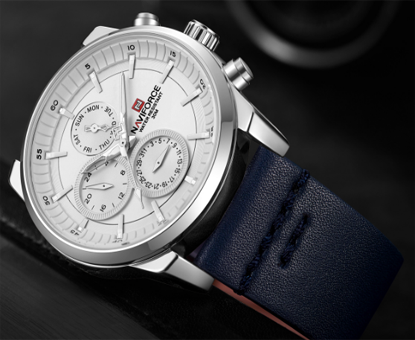
NEWS | Oct. 12, 2023
-
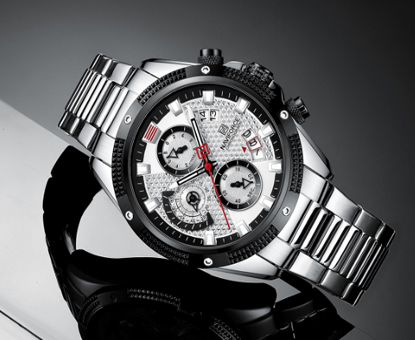
NEWS | Oct. 12, 2023
-
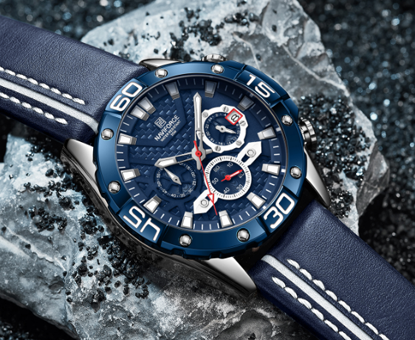
NEWS | Sep. 13, 2023
-
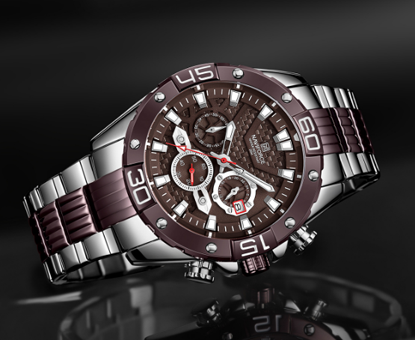
NEWS | Sep. 13, 2023
A Man's Guide to Wristwatches: How to Choose a Business Wristwatch
-
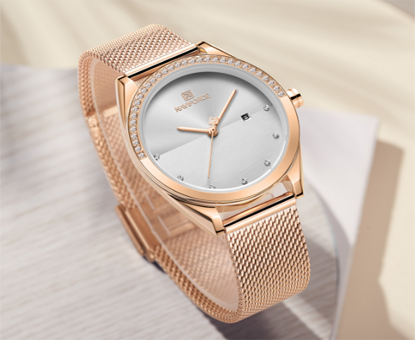
NEWS | Aug. 14, 2023
-
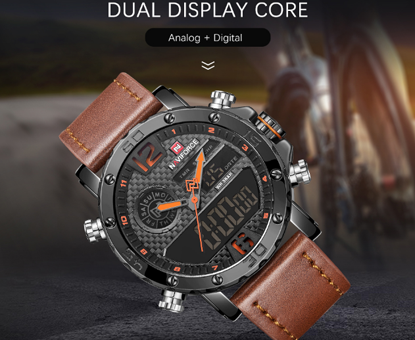
NEWS | Jul. 17, 2023

